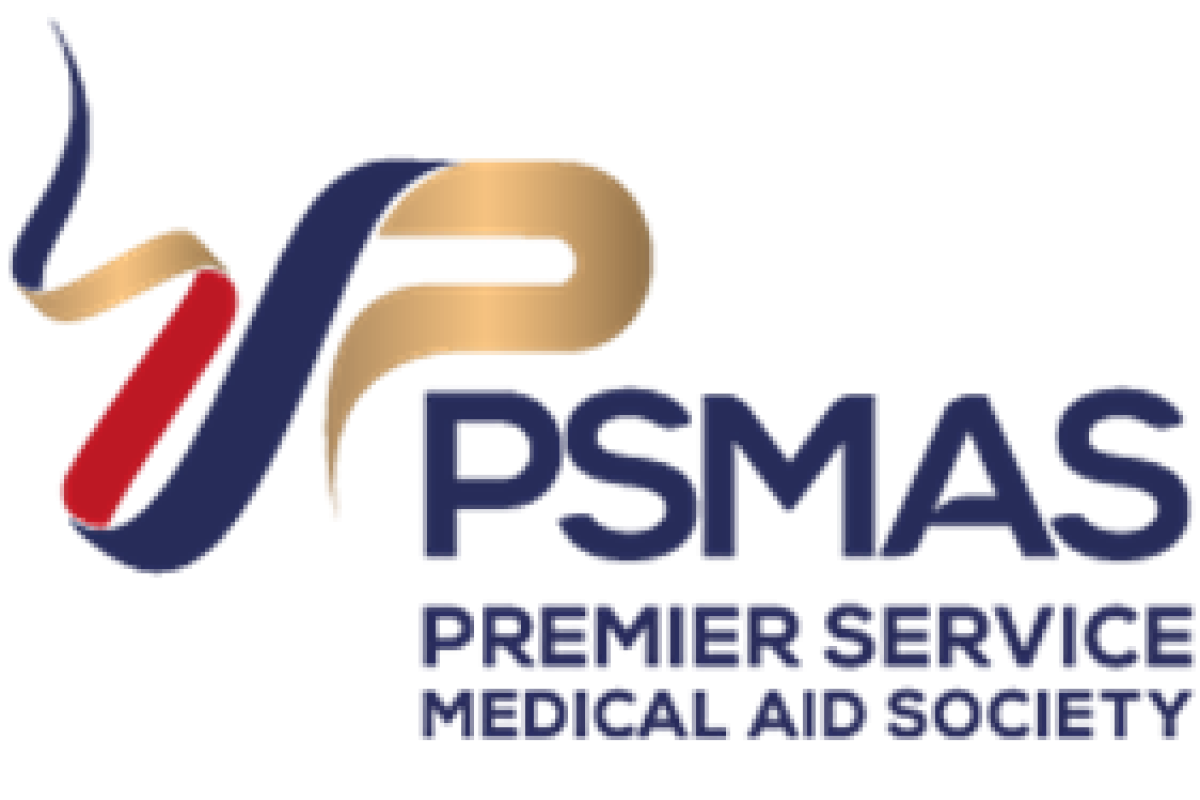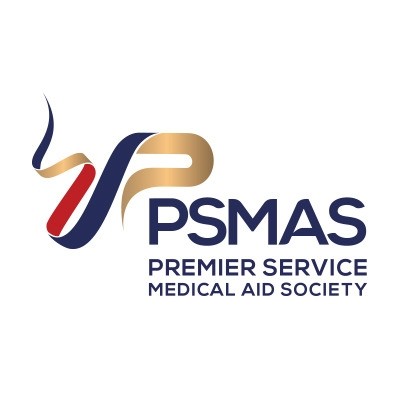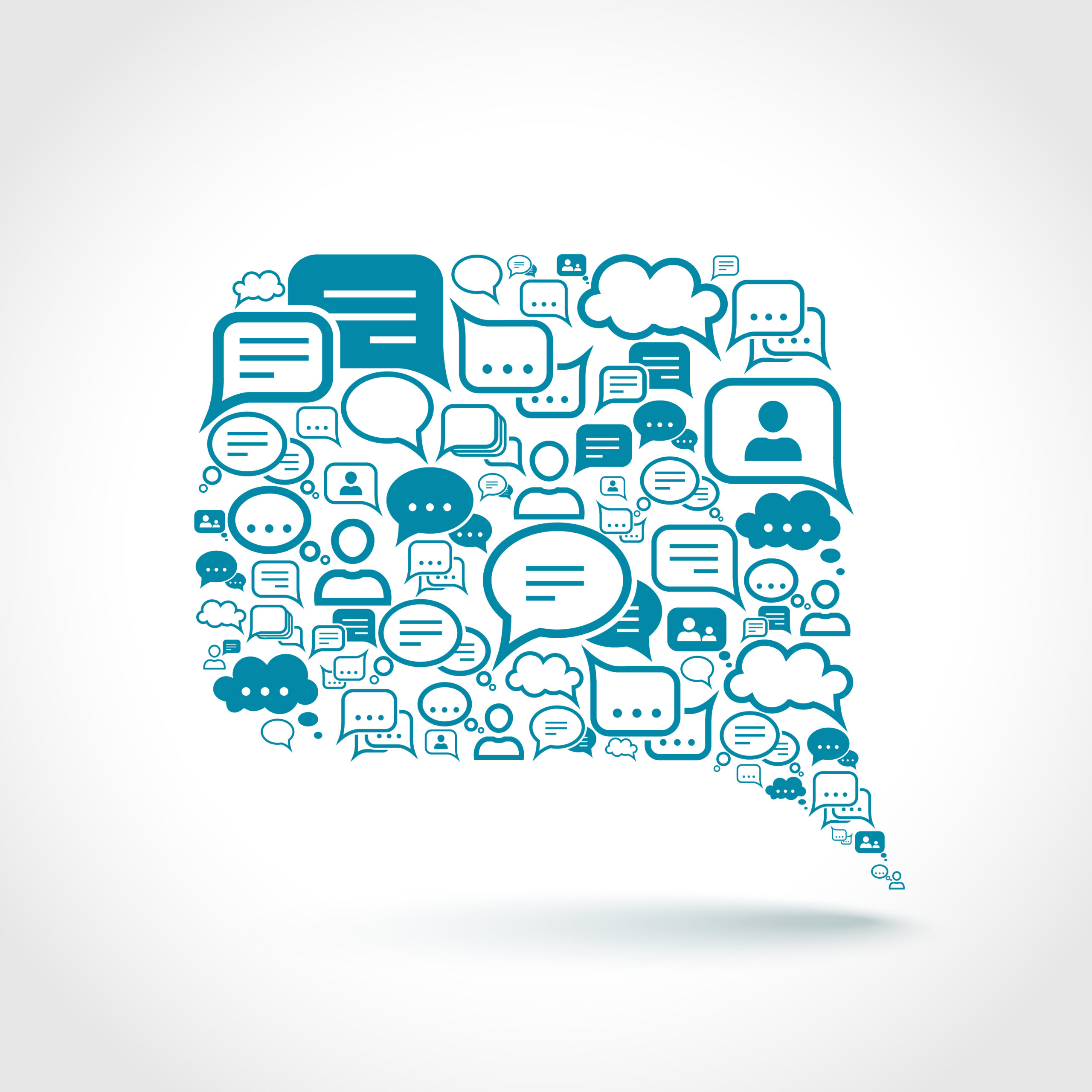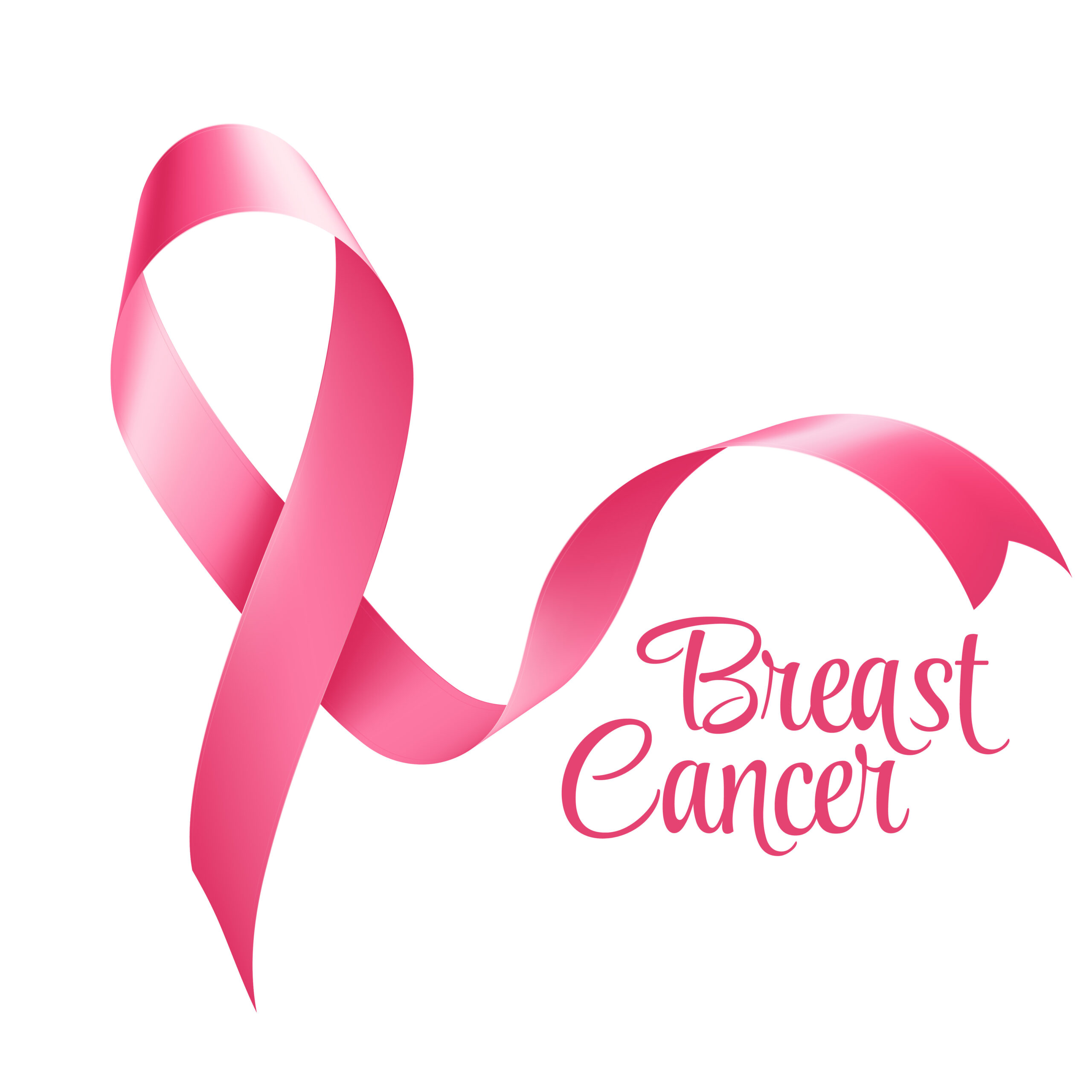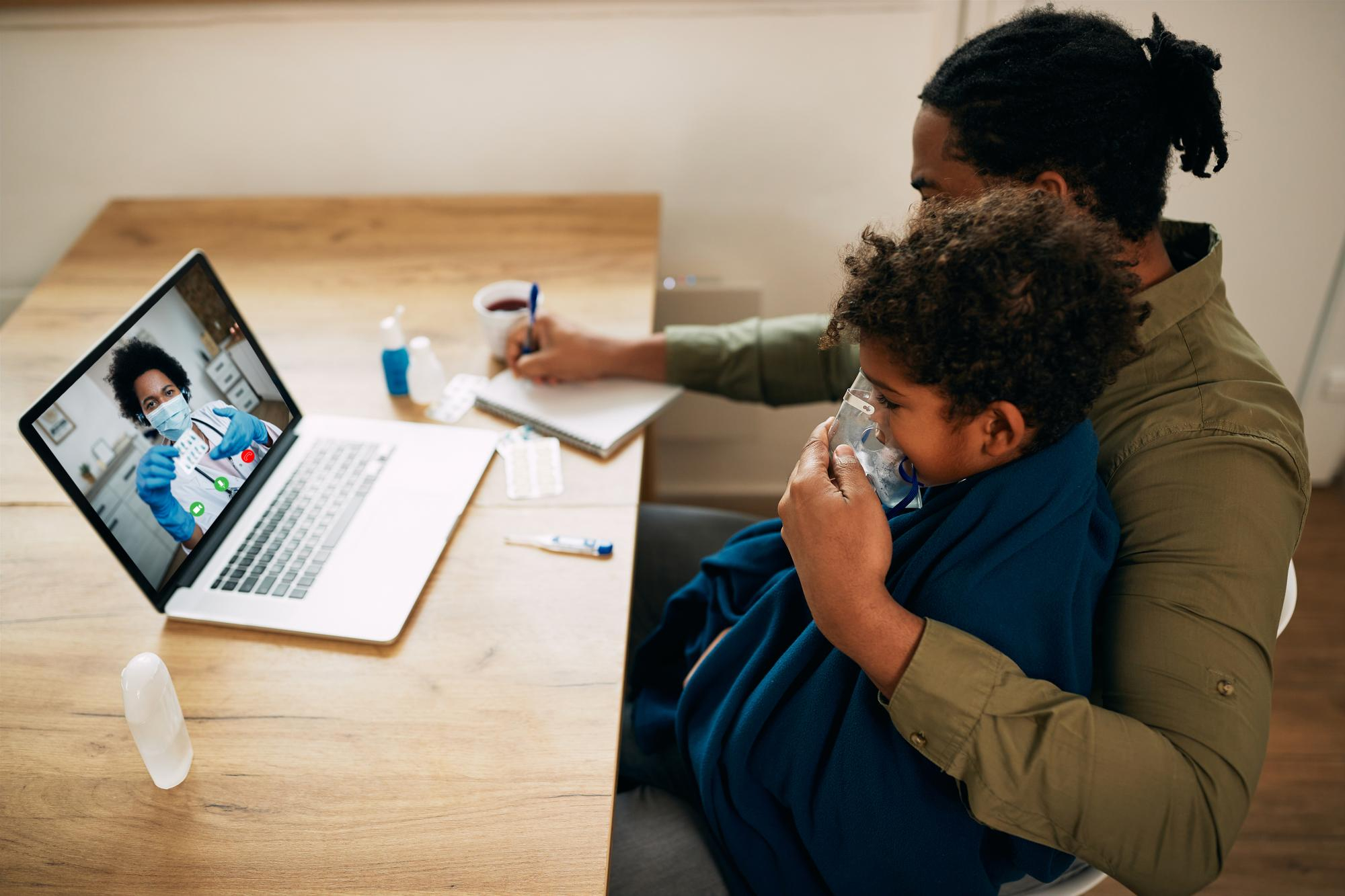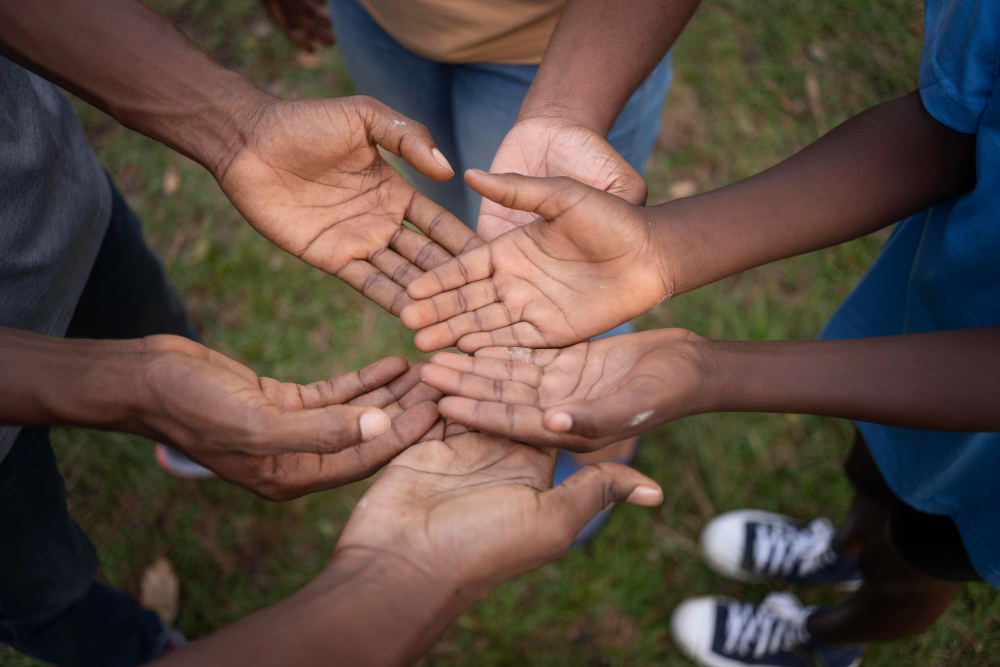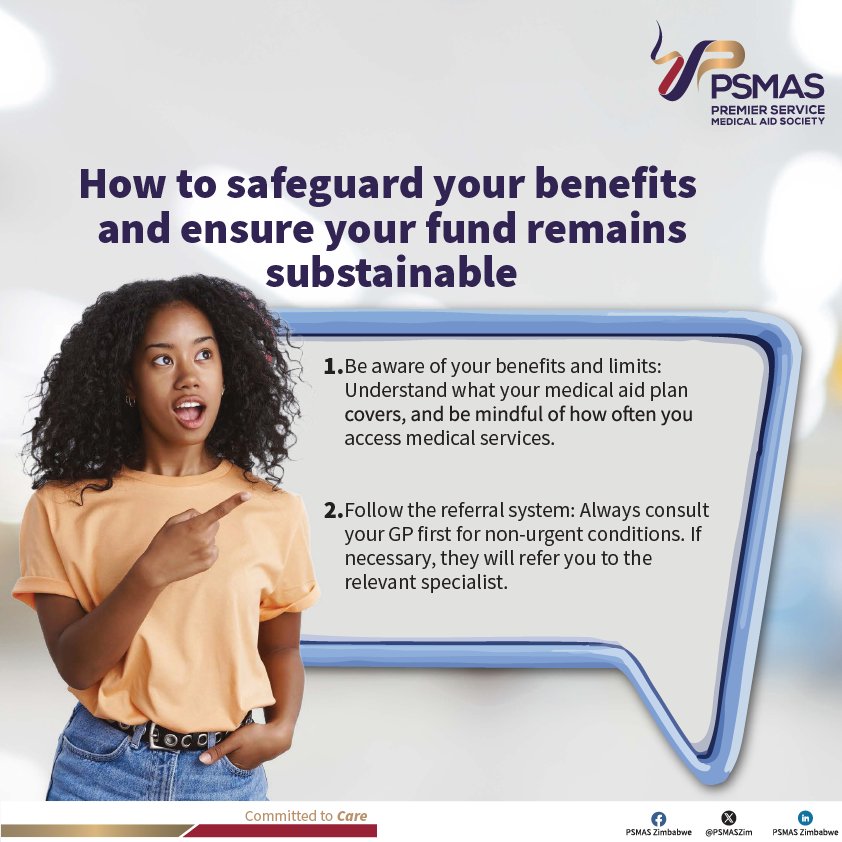Demystifying Medical Aid
Imagine this: You are involved in a tragic accident that leaves you with multiple injuries, requiring complicated surgeries. The healthcare bill for the recommended procedures is astronomical, and you find yourself unable to afford it because you had not planned for such an emergency.
It is in moments like these when medical aid becomes a lifeline, shielding you from the financial burden of exorbitant healthcare costs. Without it, you could face the difficult choice of selling your hard-earned assets or relying on family and friends to contribute to your medical expenses.
What is Medical Aid?
Medical aid is designed to help members cover the cost of healthcare, particularly in emergencies or for expensive treatments. In simple terms, members of a medical aid society contribute a fixed amount each month into a fund. When a member requires medical attention, they can access the fund to help cover the costs.
While you may never need to use your medical aid when you are young and healthy, aging and lifestyle factors inevitably bring about health conditions like arthritis, hypertension (high blood pressure), and other chronic illnesses. As we grow older, the need for consistent medical care may increase, and for many, financial stability might no longer be guaranteed. Pensions or savings may be stretched thin by daily living expenses, and this is when having medical aid can make all the difference.
Why is Medical Aid Important?
Let us consider the possibility that you pass away unexpectedly. Whether from old age or sudden illness, in the African context, it is likely you have dependents—children, a spouse, or elderly parents—who rely on you. In such cases, you do not want your family to face an additional financial burden when the inevitable happens.
This brings us to an important feature of medical aid: it’s designed not just for personal use, but to ensure that members have access to care when needed, without draining the fund for others. That’s why medical aid schemes place limits on benefits.
Understanding Limits and Shortfalls
Medical aid funds typically come with annual limits, also known as “global limits,” which cap the amount a member can claim in a year. These limits can run into the thousands of dollars, covering various healthcare services such as consultations, hospitalisation, maternity care, medication, dental, and optical care.
However, these limits are set to ensure fairness. If a member’s medical expenses exceed their annual limit in a particular category (e.g., hospitalisation), they must pay the difference out-of-pocket, which is known as a “shortfall.” This prevents the fund from being depleted by a few individuals, ensuring there are sufficient resources for everyone.
If a member does not exhaust their benefits within a year, any unutilised funds return to the collective pool, strengthening the fund for the future. This is why medical aid societies don’t operate to make profits but aim to generate a surplus.
How Medical Aid Works for Everyone
The concept behind medical aid is simple: the well subsidise the sick, and the young subsidise the old. Healthy members contribute to the fund to support those who need medical attention, and over time, members may also benefit from this collective support as they age or face unexpected health issues.
Members who have higher healthcare needs in a given year whether due to illness, age, or accident will not face increased contributions. They will continue to receive the same benefits, drawing from the surplus if necessary. This system ensures that no one is left without support, regardless of how much they’ve contributed in the past.
Conclusion
In the end, medical aid is a safety net for both the young and the old. It is a system based on solidarity, where everyone contributes to ensure that when the time comes, there is help available for those who need it most. Whether for emergencies, ongoing treatments, or end-of-life care, having medical aid is an investment in your health and peace of mind.
For any feedback or clarifications regarding information shared on this platform, email: communications@psmas.co.zw.
NB: Visit PSMAS website or download PSMAS 24/7 Mobile App on Google or Play Store to find a provider near you or simply WhatsApp 0783 183 530

